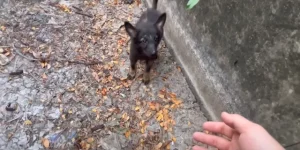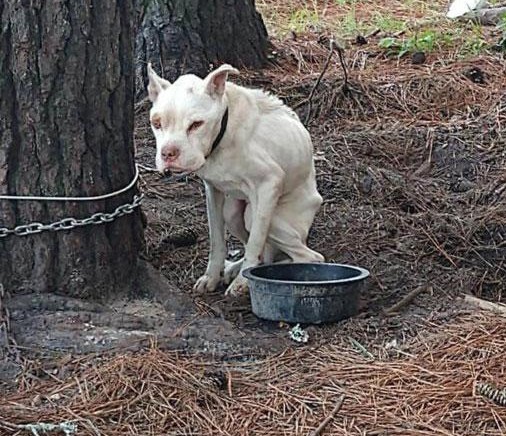
In a world where indifference is prevalent, a kind-hearted individual’s path intersects with Pup, an optimistic German Shepherd puppy. This chance meeting ignites the beginning of a remarkable partnership.
Touched by compassion, the individual chooses to reshape Pup’s destiny. Reaching out a comforting hand to the frightened and abandoned puppy, they lead him into a world of kindness and nurture.
As the sun rises and sets, the bond between the individual and Pup deepens, evolving into a connection filled with mutual understanding and love. Their shared journey creates a tapestry of cherished memories.
Under the individual’s loving care, Pup thrives, and their home becomes a haven exuding warmth. With the individual’s steadfast guidance, Pup finds a newfound sense of security and belonging.
The individual becomes the guardian of Pup’s overall well-being, ensuring a balanced diet and engaging playtime. Through positive reinforcement training, Pup excels in discipline and obedience.
For the complete story, check out the video on YouTube!
Here are ten helpful tips for feeding your furry friend:
1. Choose top-quality dog food tailored to your dog’s age, size, and health needs, with whole meat sources as the primary ingredients.
2. Always follow feeding guidelines based on your dog’s age, weight, activity level, and health condition.
3. Make sure your dog has access to clean, fresh water at all times to aid digestion and overall health.
4. Establish a consistent feeding schedule to regulate digestion and prevent begging behavior.
5. Avoid sharing table scraps, especially ones containing harmful ingredients like onions, garlic, chocolate, grapes, or raisins.
6. Monitor portion sizes to prevent obesity or nutritional deficiencies.
7. Treats should only make up a small portion of your dog’s daily caloric intake, so choose low-calorie options or use regular food as rewards.
8. Consult with your vet for dogs with special dietary needs, allergies, or sensitivities.
9. Watch out for signs of food allergies such as itching, gastrointestinal upset, ear infections, or skin problems.
10. Gradually introduce new foods over about a week to prevent digestive upset and help your dog adjust.
By following these tips, you can ensure that your canine companion stays healthy and happy with the right nutrition.




